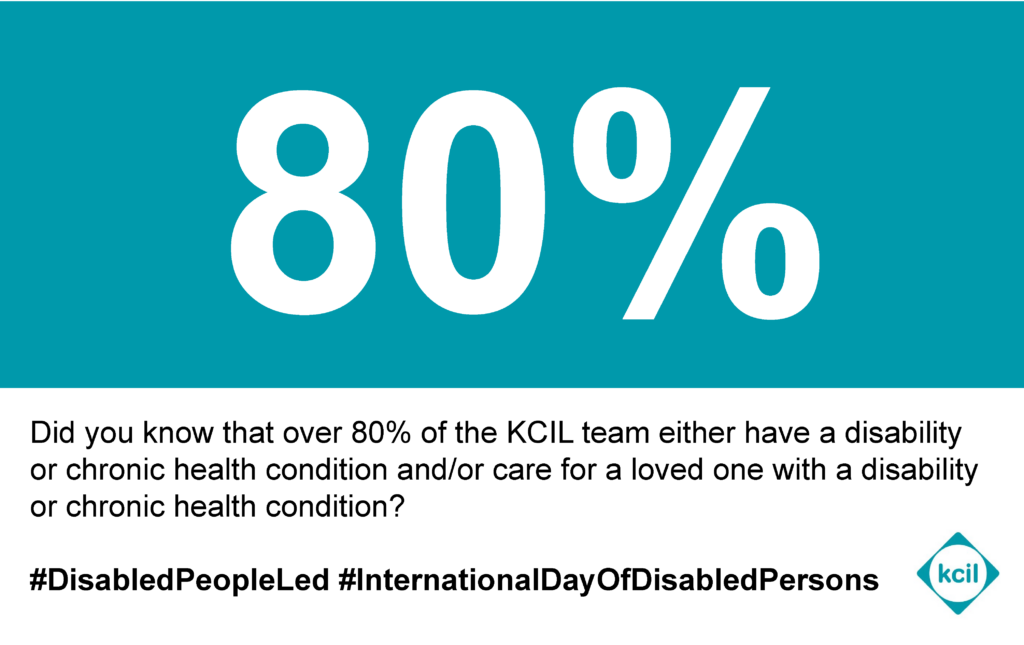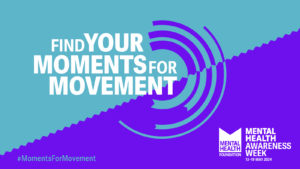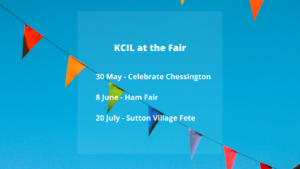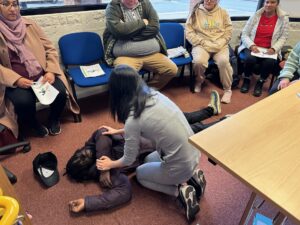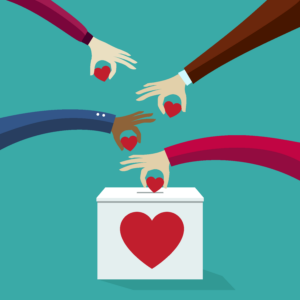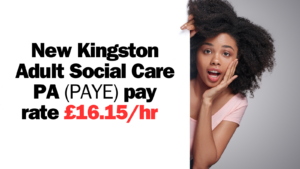Sunday, 3 December, marks International Day of Disabled Persons, a day where organisations from the big (the United Nations and the World Health Organisation) to the small (disabled people-led, community-based organisations like KCIL) come together to call for action to achieve the Sustainable Development Goals, for, with and by disabled people.
There are more than 1.3 billion disabled people today, 16% of the global population. Many disabled people die earlier and are at increased risk of developing further health conditions. Poorer health outcomes for disabled people are health inequities because they are largely avoidable and driven by unjust factors, such as discrimination, inaccessibility, and lack of access or quality of care. These health inequities mean that disabled people are too often left behind and that achieving the Sustainable Development Goal of good health and well-being for all requires the amplification of disabled voices.
To mark the day, we thought we would celebrate the power of disabled people-led organisations like KCIL, which are one such way that disabled voices can be heard. Disabled people-led organisations offer;
Authentic Representation: directly representing the voices and perspectives of disabled people in decision-making processes.
Expertise: bringing a wealth of firsthand knowledge about the challenges and barriers faced by the disabled community, expertise that is invaluable in creating effective and practical solutions.
Understanding Diverse Needs: different disabilities come with different needs; disabled people-led organisations are well-equipped to understand and address this diversity.
Community Building: disabled people-led organisations are support networks for individuals facing similar challenges, combating feelings of isolation and building a sense of belonging.
Changing Perceptions about Disability: challenging stereotypes and promoting a more inclusive view of diversity.
Cultural Sensitivity: disabled people-led organisations often have a heightened awareness of the cultural aspects of disability, including the intersectionality of disability with other factors such as race, gender, sexuality and socioeconomic status.
Problem-Solving: the unique perspectives of disabled individuals can lead to innovative problem-solving approaches. Many adaptations and solutions designed by and for the disabled community have broader applications and benefits.
Advocacy for Accessibility: advocating for accessible workplaces and accommodations, promoting inclusivity in employment practices.
